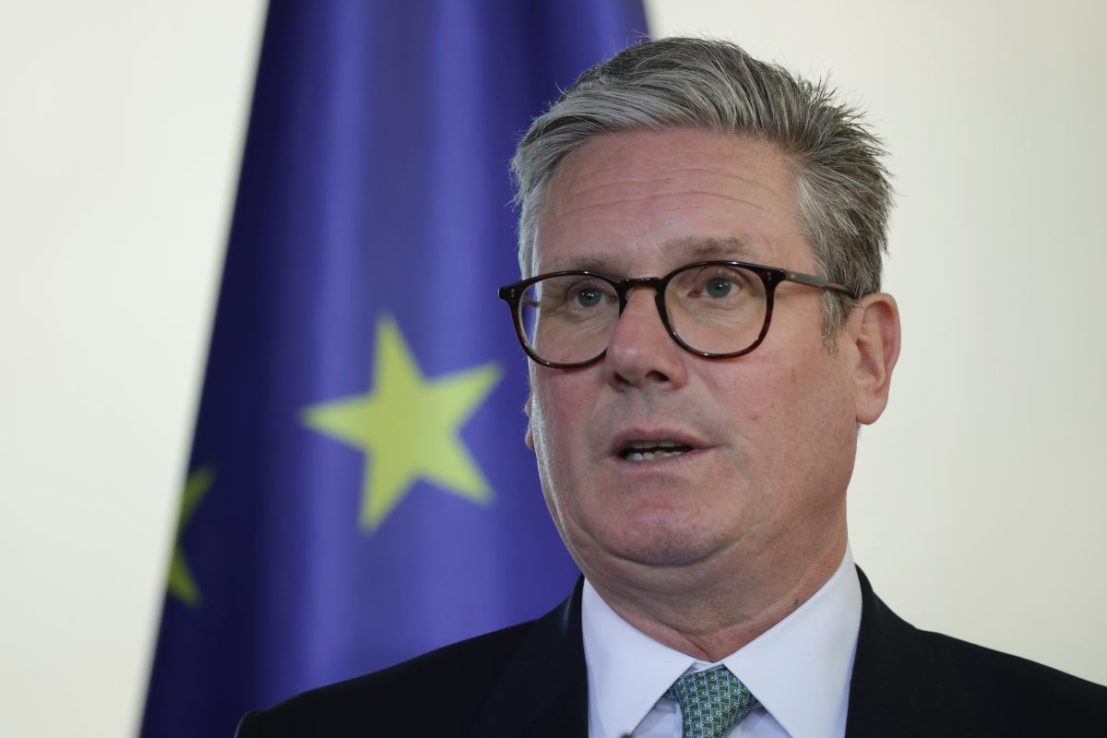The UK government’s recently published immigration white paper has sparked cautious optimism across the technology sector, as policymakers aim to ease the talent shortages that many argue have long stifled innovation and economic growth.
As part of a broader strategy targeting future-facing sectors such as AI, quantum computing and green technology, the white paper outlines plans to widen access to skilled worker visas. It also aims to streamline existing routes for high-potential researchers.
Proposals include a “targeted and capped expansion” of the high potential individual visa, along with changes to the Global Talent visa to simplify eligibility criteria for designers, researchers and other specialised applicants. In addition, the government has pledged to double the number of workers that overseas firms can send to the UK to help establish a domestic presence.
Ewa Kompowska, investor at RTP Global, said: “The UK’s start-up ecosystem runs on global talent – but right now, the visa system is too slow, too costly, and too complex. These proposals are a step in the right direction, especially for deep tech and AI companies, but not yet the leap we need.”
Start-ups operating in advanced technology fields have become increasingly vocal about recruitment difficulties in recent years. A combination of post-pandemic labour shortfalls and growing competition from better-funded rivals abroad—especially in the US—have made hiring for specialist roles a significant challenge.
The risk of an ongoing exodus of innovation and talent is perhaps most visible in recent acquisitions of British tech firms by foreign buyers, such as Deliveroo’s planned takeover by American delivery giant DoorDash.
While the majority of the sector has welcomed the white paper’s direction, critics argue that much deeper structural changes are needed. In particular, concerns have been raised that the policy disproportionately focuses on attracting top-tier talent, neglecting critical mid-level hires and roles vital to growing start-ups.
Chris Erven, co-founder of KETS Quantum Security, said, “Founders don’t just need rock star engineers – they need developers, designers and product managers who are crucial to getting products off the ground.”
Some also noted what they see as mixed messages in government communications. While the white paper promotes openness to skilled migrants, it comes amid wider efforts to reduce net migration and a growing emphasis on tighter border controls.
Bella Rhodes, talent policy lead at the Startup Coalition, commented: “If the main message coming through is one of new barriers and a less welcoming environment overall, then the government must work harder to ensure its message to tech talent isn’t lost in translation.”
The immigration changes are part of a broader industrial strategy that includes a strong focus on artificial intelligence and digital technologies. In January, Prime Minister Keir Starmer launched the ‘AI Opportunities Action Plan’, which has brought in £14bn in investment commitments and promises to create over 13,000 new jobs.
However, tighter visa policies introduced recently—such as higher application fees and salary thresholds—have already been blamed for a 20 per cent decline in skilled worker visa applications since April last year.
While the new white paper hints at a potential policy shift, questions remain over whether the government can balance its migration targets with ambitions for global tech leadership.
Sacha Woolridge, head of immigration at law firm Birketts, said: “The government’s goals of reducing migration while attracting top global talent might seem contradictory – but they can work together, if the system is designed to fill urgent gaps and support long-term development.”
The Migration Advisory Committee is now consulting on why key sectors, such as technology and advanced engineering, remain reliant on foreign talent. Industry groups view this as a critical moment to ensure their voices are heard.
The UK has long struggled to translate promising research and innovation into lasting economic advantage. As tech leaders continue to cite constrained access to growth-stage funding and specialist talent, many see this immigration reform as a test of the government’s seriousness about its “build here, scale here, stay here” ambition.
“The innovation is here,” said Russ Shaw CBE, founder of Tech London Advocates. “But unless we get the right policy infrastructure – across immigration, funding and regulation – growth will continue to happen elsewhere.”




